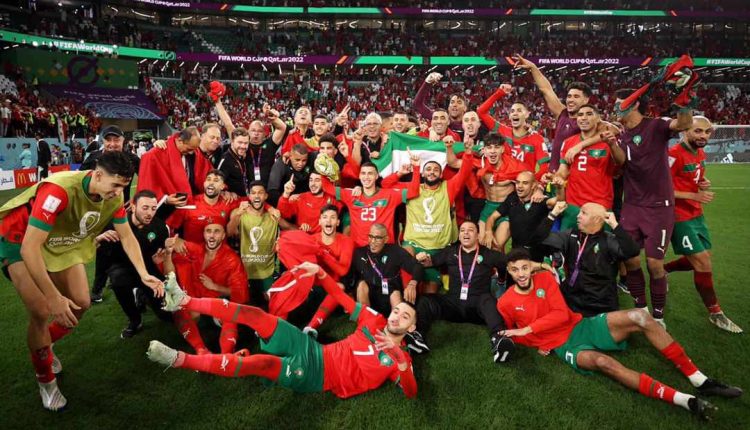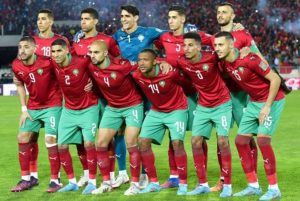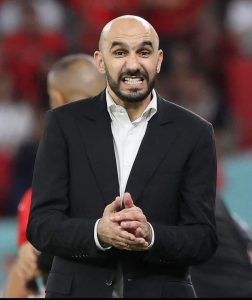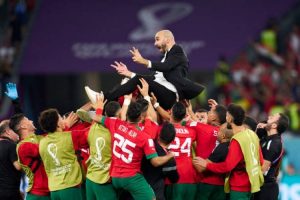The season opener of African football, the Super Cup, took place over the weekend in the Moroccan city of Rabat with two sides from the North African country facing each other.
The one-off annual match is between the previous season’s CAF Champions League winners and title holders of CAF Confederation Cup – Africa’s second tier club competition.
Surprisingly, Renaissance Berkane – winners of the Confederation Cup – stunned their more famous compatriots Wydad Casablanca 2-0 on Saturday to win the Super Cup.
In a rarity, two clubs from the same country faced each other in the all-Moroccan clash which is an indication of a strong domestic football that ensured success in both continental club competitions.
But this is not the only achievement of Moroccan football in recent times as all aspects of the game in the North African country have witnessed significant triumphs.
The biggest successes were reserved for the men’s and women’s senior national football teams that secured their places at the 2022 FIFA World Cup in Qatar and the 2023 FIFA Women’s World Cup respectively, coming just 12 months after Morocco defeated Mali 2-0 in the final to win the Africa Nations Championship (CHAN) in Cameroon.

Domestic club footbal in Morocco is vibrant with clubs like Wydad dominating the African scene
Domestic club footbal in Morocco is vibrant with clubs like Wydad dominating the African scene
Indeed, the Atlas Lionesses’ qualification for the World Cup is the first time a female side from the Arab world has qualified for the global tournament, sparking unprecedented excitement in the women’s game in the region.
Record crowds attended matches at the country’s hosting the women’s Africa Cup of Nations two months ago when the Moroccan side reached the final of Africa’s flagship female football competition, leaving a significant legacy for the region.

Morocco’s female U17 team also qualified for the World Cup to be played in India next month. Their male counterparts reached the final of North African Zonal Football Union (UNAF) and also played in the final of the Arab U17 Cup earlier this year.
Resounding successes were recorded in the men’s FUTSAL national team who reached the quarter-final of the World Cup last year after winning the AFCON and Arab Cup while the Beach Soccer team finished third at the African championship last year.
The North African country’s successes have not been reserved only on the pitch as they have paid equal attention to off-the-field activities that are key to success. Morocco hosted several African football tournaments as well as events like the CAF Awards in recent times, the women’s football symposium, the African football revival symposium and training workshops of African football administrators at significant costs to the country.

Very few African countries can boast such comprehensive triumphs in football, as such achievements cannot be attained by chance but with strategy, meticulous planning and direct implementation.
This is the approach of the visionary leader of the Moroccan Football Federation (FRMF), Fouzi Lekjaa, who set out the vision of success through three key steps that include provision of world class facilities, early talent identification and grooming as well as recruiting highly qualified staff to administer the game.
“The development of football in Morocco is founded on a triangular approach that should form the basis of the development of any system: facilities, talent and qualified personnel. Along with my colleagues at the FRMF, I am convinced that those three fundamentals have to be in place for the process to develop as it should,” Lekjaa, a FIFA Council member, said when explaining the FRMF strategy to develop the game in the country.
At the heart of this vision is the setting up of the Mohammed VI Football Academy, a $70 million world-class football facility that opened three years ago near the capital Rabat which covers 30 hectares of land, boasting world-class pitches, a five-star hotel, two three-star hotels, dormitories, the latest facilities and equipment.
This is the hub for the training of the country’s best footballers as all the national teams camp and train at the facility under the supervision of world-class coaches and administrators.









